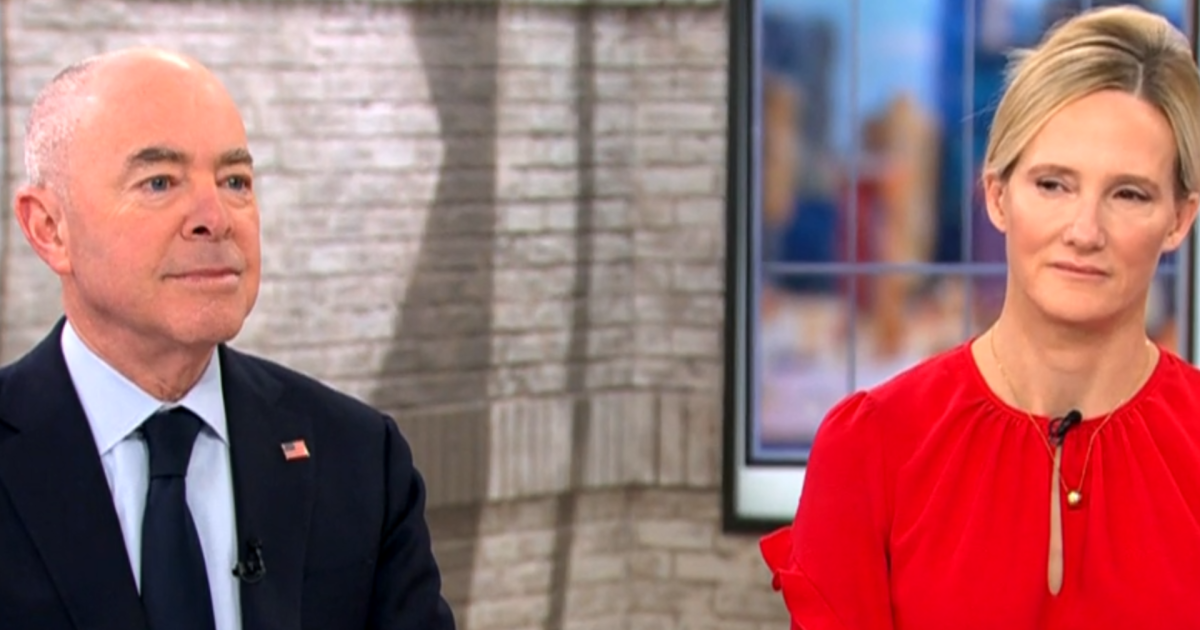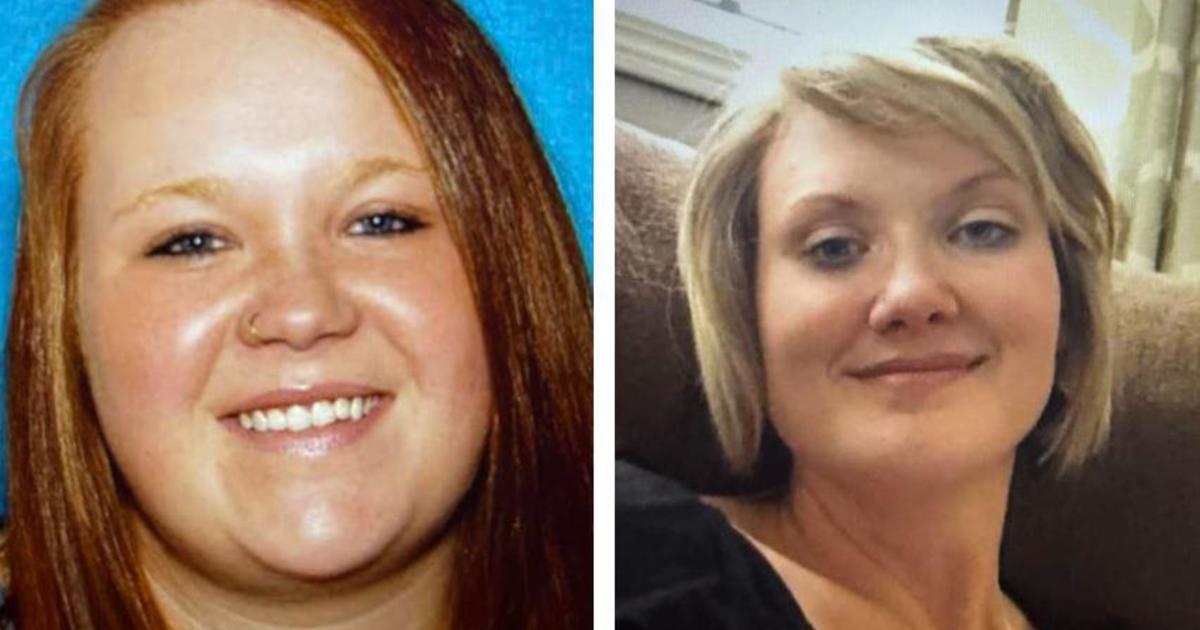"Your health is your most important asset": Cardiologist discusses heart health on "CBS This Morning" podcast
February is American Heart Month, a time to raise awareness about heart health and how to prevent heart disease. Heart disease is the leading cause of death in women, according to the Centers for Disease Control and Prevention.
"It's important for women to recognize that your health is your most important asset," Northwell Health cardiologist Dr. Jennifer Mieres, one of the leading experts and patient advocates in the field of cardiovascular disease in women, said on the "CBS This Morning" podcast.
She joined CBS News medical contributor and fellow Northwell Health cardiologist Dr. Tara Narula to discuss the universal and unique risk factors and symptoms women face.
Risk factors
- Age
- Family history
- Hypertension
- Elevated cholesterol
- Smoking
- Sedentary lifestyle
- Diabetes
- Additional risk factors for women include pregnancy-related complications (gestational diabetes, eclampsia and pre-eclampsia) and getting less than seven hours of sleep on average
Symptoms
"There is a spectrum of symptoms that can manifest and be a sign of heart disease," Mieres said. Men and women will share the most common symptoms in the lead up to a heart attack:
- Chest discomfort
- Chest pressure radiating to the throat
- Shortness of breath
Women can also have less classic or more subtle symptoms:
- Feeling of fatigue
- Feeling of doom and gloom
- Fullness in the chest
- Decreased exercise capacity
Race and ethnicity
African American women are more likely to die of heart disease than white women, while Hispanic women will face heart disease nearly 10 years earlier than white women, according to WomenHeart, an organization dedicated to serving women with heart disease.
Mieres attributes the discrepancies to three factors:
- Lack of awareness: "I think we have delivered the message about heart disease in a sort of universal format. We as human beings belong to different cultures and we have to factor in the cultural nuances as it relates to health. So expanding how we educate and empower women of color, African Americans, Latino women is important. I know the American Heart Association is expanding its campaign to be faith-based to have the cultural aspects introduced."
- Lack of trust: "I think that there's a lack of trust in the African American community based on historical experiences in health, in terms of not building the trust with the medical community with their doctors."
- Unconscious biases in the medical community: "We have to expand how we see patients to truly be partners in this journey because 80% of health outcomes depend on everything outside of the medical encounter. And as you think about that new expanded approach where your patient is your partner in your health care delivery model — the trust, the health literacy, how we communicate, the cultural beliefs, recognizing our own implicit biases, you see somebody and you automatically change the way you deliver the message based on your preconceived notions — we have to keep that in check."
Family history
"Your family's health history is truly important," Mieres said. "Have a conversation with members of your family to find out what diseases exist. Are you at risk for hypertension, diabetes, heart disease? And keep some sort of logbook, your health passport, with that information. We've got to get people to be an active participant in the journey to health and wellness."
Listen to Mieres' full conversation with Narula on the "CBS This Morning" podcast for more ways to prevent heart disease and how to feel empowered advocating for your health care.



